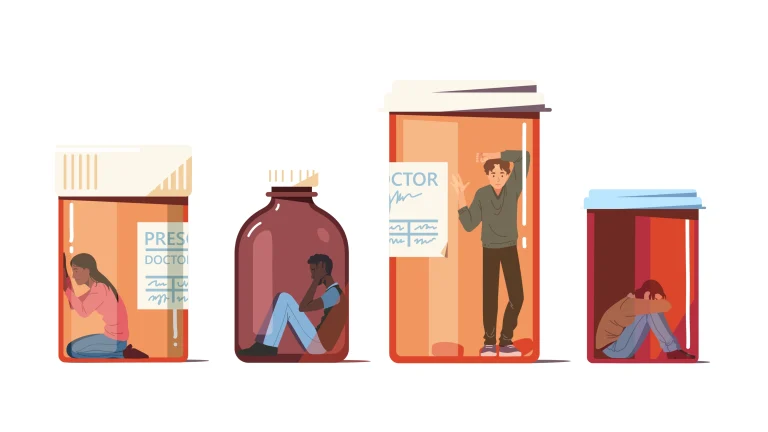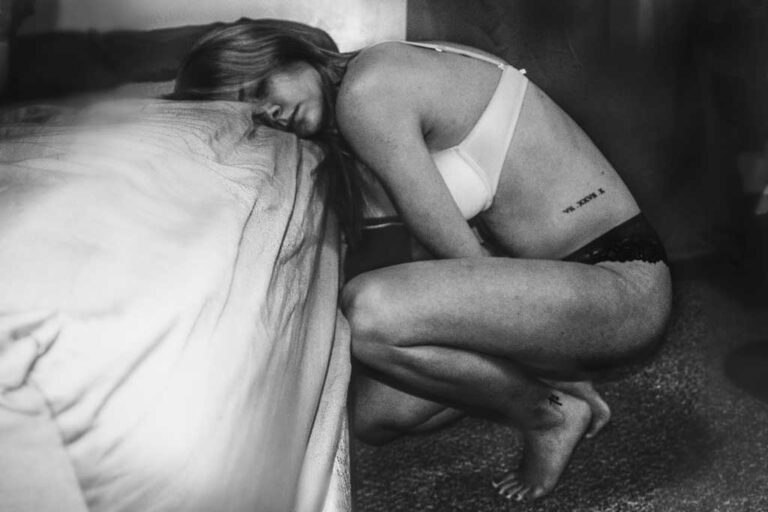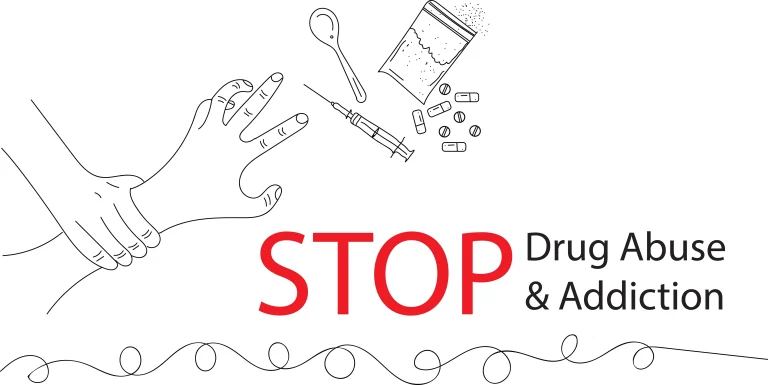Identity Crisis
Am I an actor acting in this game of life?
We Can’t Go Home Again was an experimental feature film from the early 1970’s in which each of the characters played a fictional version of themselves. This brilliant concept was later copied by the reality shows of the late 90’s and 2000’s. The line between actors acting and real people being real people got permanently blurred in our collective entertainment experience.
Having worked in drug and alcohol treatment for many years, one of the things I regularly overhear is “Man, this is gold. Someone should be filming this.” Dr. Drew’s ill-fated foray into Rehab Reality showed the stark truth those of us who work in the industry already know. Blurring the line between reality and entertainment is not always pleasant or funny.
This leads us to the question many people with substance abuse disorder face:
What happened to the real me?
Addiction Expressing an Identity Crisis
In treating substance abuse, we often observe the onset of an identity crisis caused by the presence of cognitive dissonance in which 2 (or more) contradictory forces pull at the essence of the established psyche. These opposing drives create profound gaps in the individual’s sense of self. These gaps produce overwhelming pain and confusion and result in the drive to seek out powerful substances designed to escape from the internal inconsistencies.
Most of who we think we are, what we stand for and what we believe in has not been reflected in our behavior and actions. Inconsistency, contradiction, and most commonly outright dishonesty plague our existence. Upon closer examination, almost nothing is what it appears to be, and more often than not, the projected identity only serves to disguise a stark deficiency.
Another common aspect we see occurring in many substance abusers is the usurpation of identity development by substance abuse during the formative years. Many young people latch onto the pleasure of escaping through substances rather than confront the difficulties of growing up. They essentially skip the crucial process of developing an authentic identity. We become who we are when we’re under the influence – we cling to it and return to it often. Substance use becomes an adopted lifestyle, one we cannot imagine separating ourselves from.
Additionally, often in place of developing a true, authentic identity many naturally adopt the identity that comes along with their substance of choice. An alcoholic adopts the identity provided him by years of drinking. The chronic marijuana user adopts the personality traits of the long-term effects of marijuana use. The crack smoker naturally absorbs the required personality traits crack use creates.
Take the substance away and the user is often left with a devastatingly painful void.
These environments cause enormous internal strife and makes substance abuse a virtual necessity to numb out from the intense emotional and psychological pain of an identity crisis.

Grieving the Loss
During the initial stages of abstinence, we often find ourselves suffering from a profound sense of grief in coming to terms with the loss of the longest and in our minds most dependable of relationships; the one we have with substances. For years, substances served as ever-present companions in the pursuit of escaping, numbing, and stimulating our lives.
But inevitably and invariably they stop working. They always stop working. No matter how much, how often, or in what combination we use, eventually, we are left confronting a foreign and increasingly confusing and painful reality.
The loss of this relationship and the corresponding passage of grieving it can take years to process.
Deconstructing False Identity and Reestablishing the Real You
Upon entering Costa Rica Treatment Center, we will begin the profound and necessary work of deconstructing the false identity. This work first requires a state of abstinence whereby an introduction to reality can slowly be obtained. Through the guidance of our staff we will begin to inventory aspects of life that you’ve rationalized, forgotten, pushed aside, hidden or largely ignored. Patterns of engagement begin to emerge, and one begins to understand how this false identity has created the environment that made substance abuse so appealing.
Slowly we begin to identify and eliminate aspects of thinking and behavior that no longer work for us. We use support groups to help us identify what works and doesn’t work for others. We observe ourselves and begin to formulate answers to life’s questions. We learn about ourselves through adopting the art of the observant self.
Finally, we begin rebuilding the ‘who’ part of the ‘who do I want to become?’ question. Having ended the relationship with substances, we can now start determining the true essence of our identity. What do I like about myself? What makes me feel certain ways? How do I respond to certain stimuli? Which aspects of my life can I take with me as I begin rebuilding my identity?
This reconstruction of the identity will prove most crucial as you move forward learning to honor and care for the essential you.
The Search for Authenticity
The death of false versions of the self and the re-emergence of the true identity can take a lifetime. Even in abstinence and after years of working recovery programs, many people experience what we call “Imposter Syndrome” whereby we struggle to know if we are, in fact, adhering to an accurate version of ourselves.
When Nicholas Ray wrote the script for, We Can’t Go Home Again, he posed an ancient question argued over by sages and philosophers for as long as man has explored the conscious. Is this experience real?
I don’t pretend to entertain an answer to that question. But what I have come to understand is the unexamined life and the corresponding adhesion to false identities can lead to devastatingly empty and painful experiences. We believe it is only through the never-ending examination of self and the sharing of our truest self, intimately with others, that we can arrive at living our fullest, most authentic lives.
Tony Feeney
Recovery Specialist Costa Rica Treatment Center








